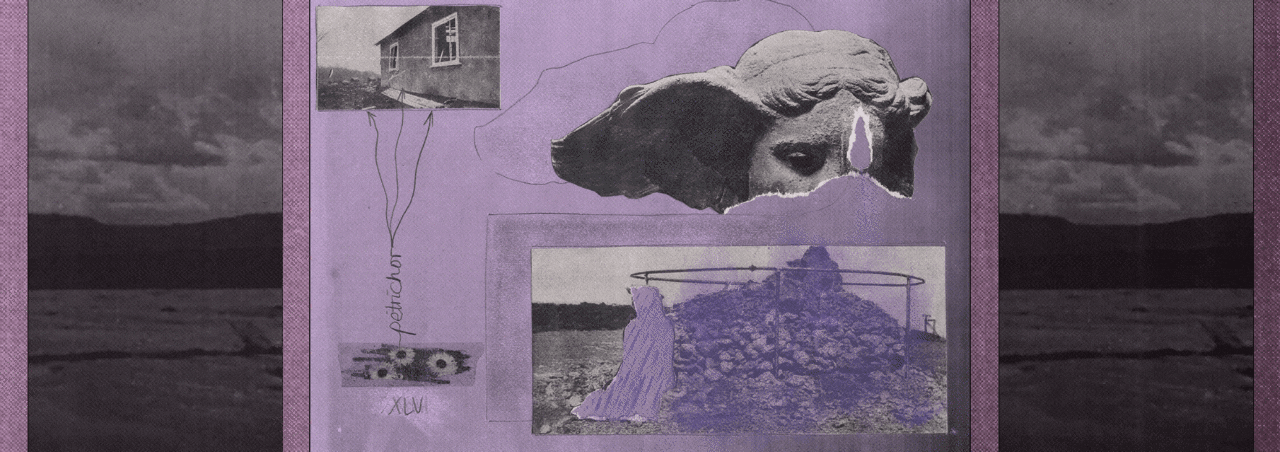Sara Ryan—Never Leave the Foot of an Animal Unskinned (Porkbelly Press, 2018)
Sara Ryan’s new chapbook begins with a dedication that frames the poems to come, “For the extinct, for the living, for all the animals preserved.” Indeed, all the animals preserved through words in poems and through the images of the art of taxidermy that pervades the poems within this book. “The Field Museum” is the location of the first poem, a grand museum in Chicago with pillars by the entrance and a large T-Rex that greets visitors, and so the reader is met with the art of collection and all it entails: blood, memory, bones, exhibits, preservation, life, death. The next poem, “Bad Hunter”, moves into the theme of taxidermy explicitly, “at the taxidermy World Championships in Missouri,/women flock around like smart pink birds.” The women become birds as they are surrounded by stuffed birds, mounted, displayed.
The idea of the distinction between people and beasts becomes a preoccupation for this collection. Endnotes give the book a scientific feel and it is obvious that the poet has done her research on taxidermy and animal collection. “Through making things, people make themselves.” The creation of physical objects, perhaps a book of poems, allows a person to claim a distinction between themselves and animals; however, the poems repeatedly call this dichotomy into question. “Beast Fables” ends with, “and then here we are again/brute and human. shaved,/but still, waking up with hair/on our teeth.” The separation between person and beast becomes a process of hiding away a part of the self, of sectioning off like a museum exhibit behind glass.
Like a museum, poets must reckon with time through the collection of memories, “A museum collects death, but in that collecting, continues on living.” The book becomes a series of Ars Poetica’s while also being a collection steeped in the process of taxidermy: hunting, disarticulation, stuffing, etc. The focus on the physicality of taxidermy, the description of the process, keep the poems in this book from becoming too wrapped up in the metaphysical, from becoming too coy, too abstract. The poems return over and over to the bones, the wings, the skin, the fur; “when you hold a skull/in your hand it is suddenly more than bone.” Sara Ryan’s Never Leave the Foot of an Animal Unskinned correspondingly shows that when you hold a book of poems in your hand then it becomes more than words on a page, it is perhaps a thing that reveals our humanity.
~ Caleb Jordan
